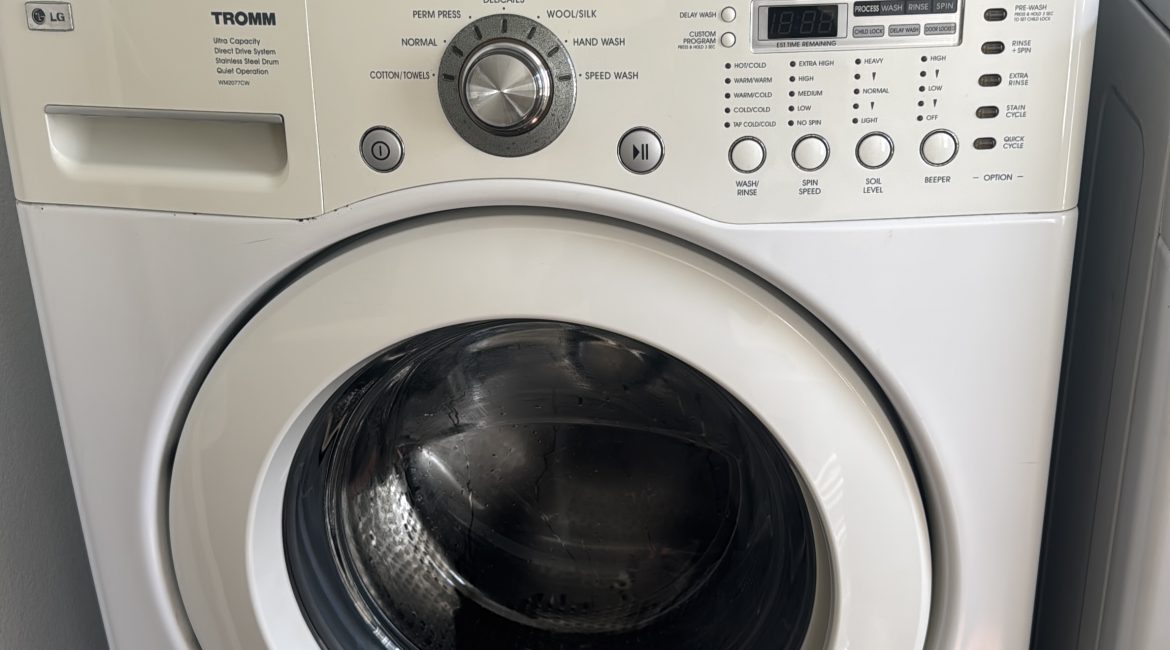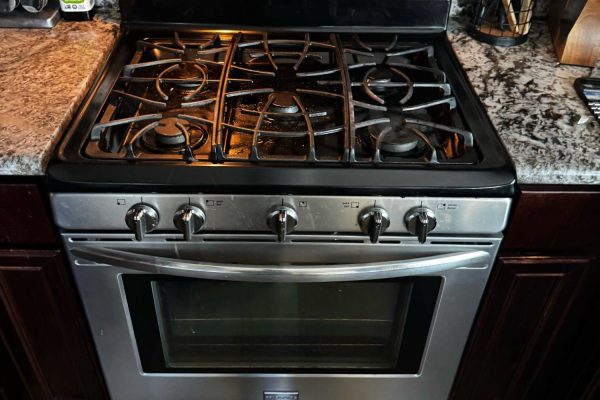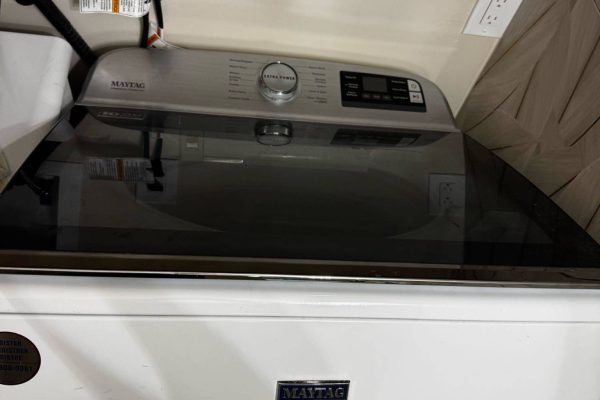A washing machine is one of the most reliable appliances in any household, designed to simplify daily chores and save valuable time. However, like any machine, it can experience issues that disrupt its operation. One of the most frustrating problems homeowners face is when the washing machine fails to complete its cycle. The clothes remain wet, unwashed, or stuck at a certain stage, leaving you confused and inconvenienced. Two of the most common culprits behind this issue are a defective timer and a faulty control module.
Understanding the Washing Machine Cycle
Before diving into the causes, it’s important to understand how the washing machine cycle works. A complete cycle typically includes washing, rinsing, and spinning. Each step is carefully managed by internal components that control water flow, agitation, and timing. If any of these mechanisms fail, the cycle can stop prematurely or loop endlessly, preventing your laundry from being cleaned properly.
The Role of the Timer
In older washing machine models, the timer is the “brain” of the appliance. It directs the machine through each phase of the cycle by activating different functions, such as filling, draining, and spinning, at the right moments. The timer operates much like a clock, moving the machine through its programmed steps.
When the timer is defective, the washing machine may pause at a certain stage and fail to move forward. For example, it might wash the clothes but never advance to rinsing or spinning. Signs of a defective timer include:
- The machine stopping mid-cycle.
- The cycle repeating the same step continuously.
- Knobs or dials that don’t advance on their own.
Replacing or repairing the timer is often the best solution in these cases, but it requires technical expertise to ensure the right part is used and installed correctly.
The Control Module in Modern Machines
Newer washing machines typically rely on a control module or electronic control board instead of a mechanical timer. This module functions like a computer, sending signals to different components based on programmed instructions. It determines when to open the water valves, when to drain, and how long each phase should last.
If the control module fails, the washing machine may behave unpredictably. Symptoms often include:
- The machine freezing at random points in the cycle.
- Error codes flashing on the display.
- Inconsistent water filling, draining, or spinning.
- The cycle ending too early or not starting at all.
Because the control module governs nearly every aspect of the washing machine, even a minor malfunction can cause the entire system to break down. Diagnosing this issue requires specialized tools and knowledge of electronic circuits.
Other Contributing Factors
While a defective timer or control module are leading causes, there are other factors that could prevent a cycle from completing, including:
- Drainage issues: A clogged pump or hose may stop the machine mid-cycle.
- Door lock malfunction: If the door does not lock securely, the machine will not proceed.
- Motor or belt problems: A worn motor or damaged drive belt may interfere with spinning.
A professional technician can perform a comprehensive inspection to pinpoint the exact cause.
Why Professional Repair is Essential
Attempting to fix a defective timer or control module without experience can be risky. Both components involve intricate systems—mechanical or electronic—that require precision. Installing the wrong part, misconnecting wires, or mishandling the board can result in further damage, costly repairs, or even safety hazards.
Professional appliance repair services, such as those offered by Poway Appliance Repair Service Center, ensure the problem is diagnosed correctly and repaired efficiently. Skilled technicians have access to genuine replacement parts, proper diagnostic tools, and years of experience in handling both old and modern washing machine models.
Prevention and Maintenance
Although not all issues can be prevented, routine maintenance can extend the life of your washing machine and reduce the risk of cycle interruptions. Tips include:
- Regularly cleaning the detergent dispenser and lint filter.
- Ensuring proper loading to avoid overworking the motor.
- Checking hoses and drains for blockages.
- Scheduling periodic professional inspections.
By taking these preventive steps, you can minimize the likelihood of a defective timer or control module disrupting your laundry routine.
A washing machine that won’t complete its cycle can be a major inconvenience, but understanding the potential causes—such as a defective timer in older models or a faulty control module in modern ones—can help you make informed decisions. Instead of attempting risky DIY fixes, rely on trusted experts who can restore your appliance to full function quickly and safely.
If your washing machine is failing to finish its cycle, don’t wait until the problem gets worse. Contact Poway Appliance Repair Service Center today for fast, reliable, and professional repair services. Our team will ensure your machine runs smoothly, saving you time, stress, and money in the long run.
Contact us


